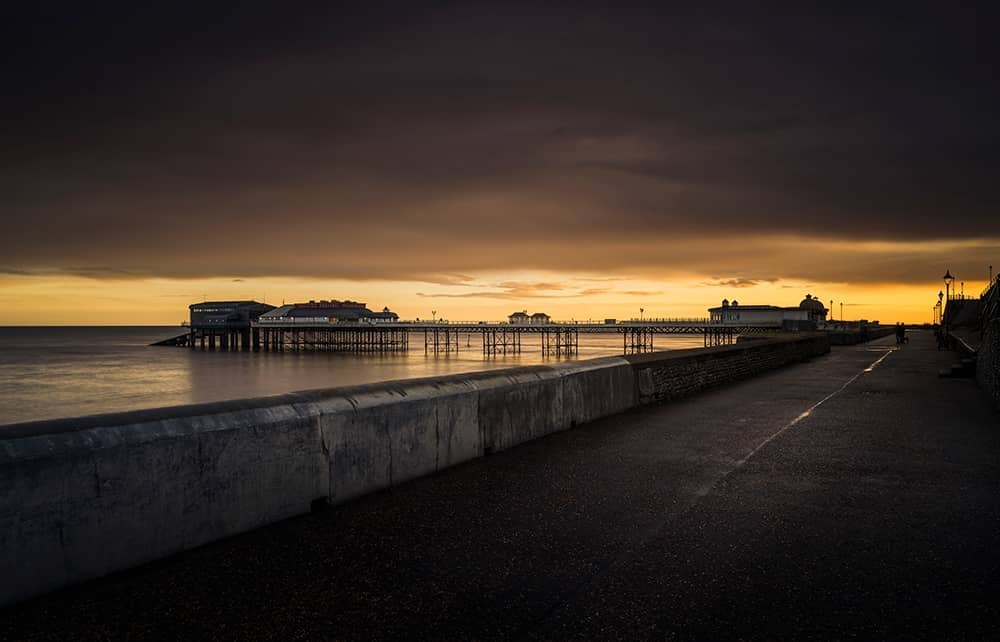In Jon Ransom’s debut novel, water seeps into the crevices between waking and dreaming, flooding the narrator Joe’s consciousness. Set in the liminal landscape of Norfolk’s tidal wetlands, it’s an urgent, roiling tale of gay love, suppressed traumas and lives cut short. A working-class writer with no formal education, Norfolk-raised Ransom wrote the first draft on his phone on a bus. Muswell Press has launched it to considerable acclaim, including an appearance at Damian Barr’s Literary Salon.
After a whale washed up on a beach tells Joe Gunner that death will stalk him wherever he goes, he leaves home. But two years later he returns, to a town haunted by ghosts, some living, some dead. He rekindles his relationship with the magnetic local fisherman Tim Fysh (‘one night gone, and already he’s busted beneath my skin’), converses with his drowned sister Birdee and collects his ailing father from hospital.
As memories assault Joe, the narrative flits between past and present, revealing flashes of his childhood – the adrift mother, the homophobic paternal bullying. So absorbing is piecing together Joe’s past, you don’t see the twists coming, delivered with an understatement that gives you whiplash.
Snatched sexual encounters and coastal Norfolk – rusty trawlers, tidal rot, ‘heavy’ skies – are sharply summoned in visceral, immediate prose. The river courses hungrily through the novel, a menacing brown tongue that ‘licks the mudflats like a thirsty animal’. It speaks to Joe, torturing him with doubts. This rural backwater is no idyll but an increasingly brooding reflection of Joe’s troubled mind. As the story unfolds, secrets emerge, although they can’t always be trusted: ‘Truth hides like rain on the river.’
It feels like an authentic portrait of the gay experience in small-town Britain. Joe and Tim don’t analyse their connection, they act on it, communicating in the blunt, humorous vernacular of their class and gender. But they’ve always endured disapproving eyes in this insular community bound by rigid notions of masculinity, and both have internalised their shame and alienation.
The Whale Tattoo is remarkable for its atmosphere, its arresting use of language and the way the environment serves as an extension of Joe’s psyche. A potent tale of grief, love and ultimately forgiveness, it speaks to the oppressive nature of growing up an outsider in a world where violence comes easier than words.






Comments